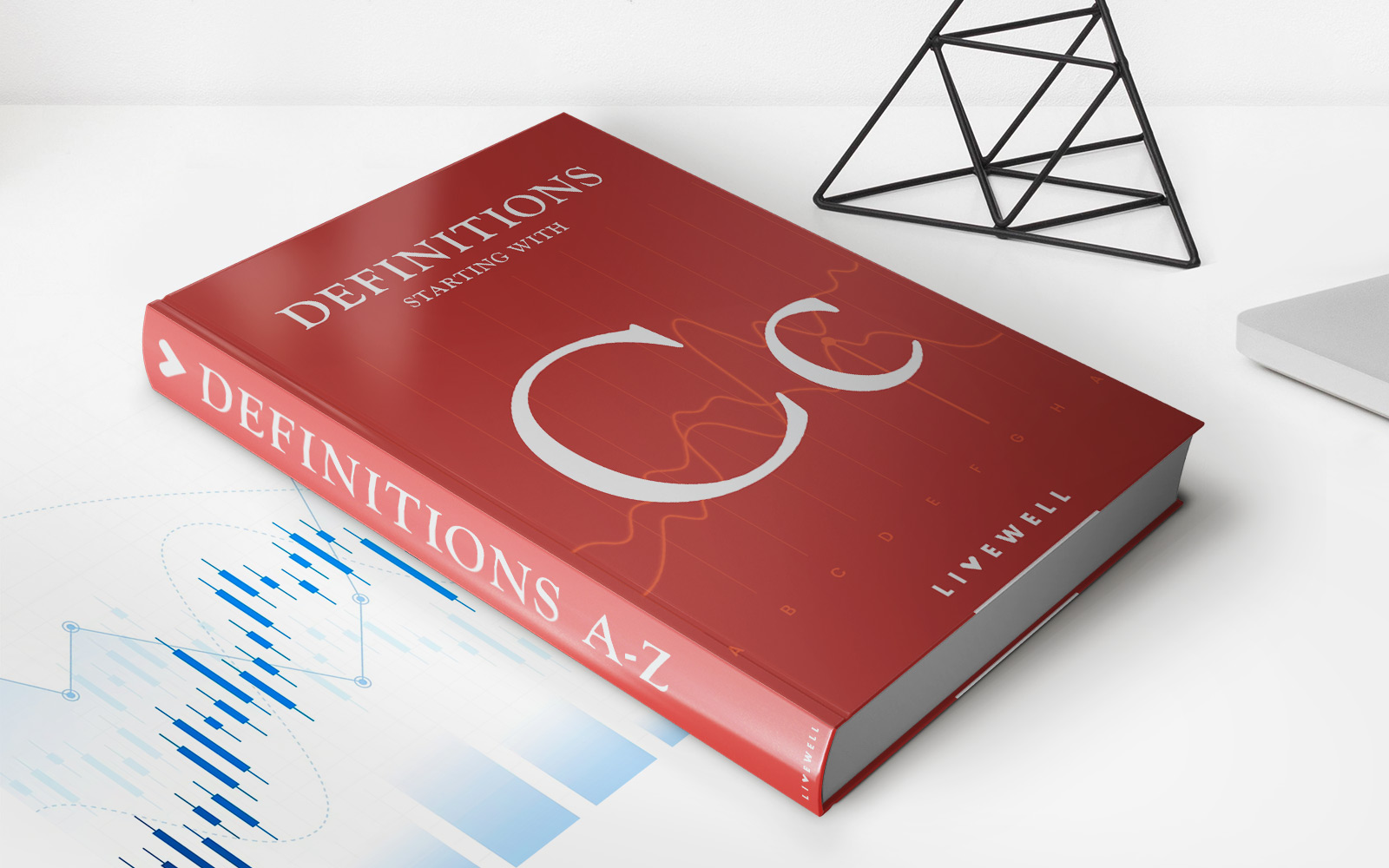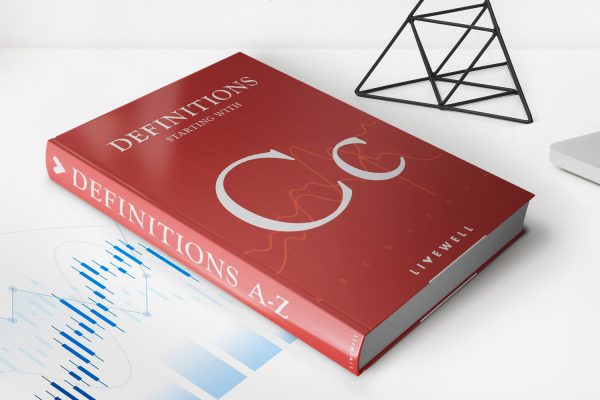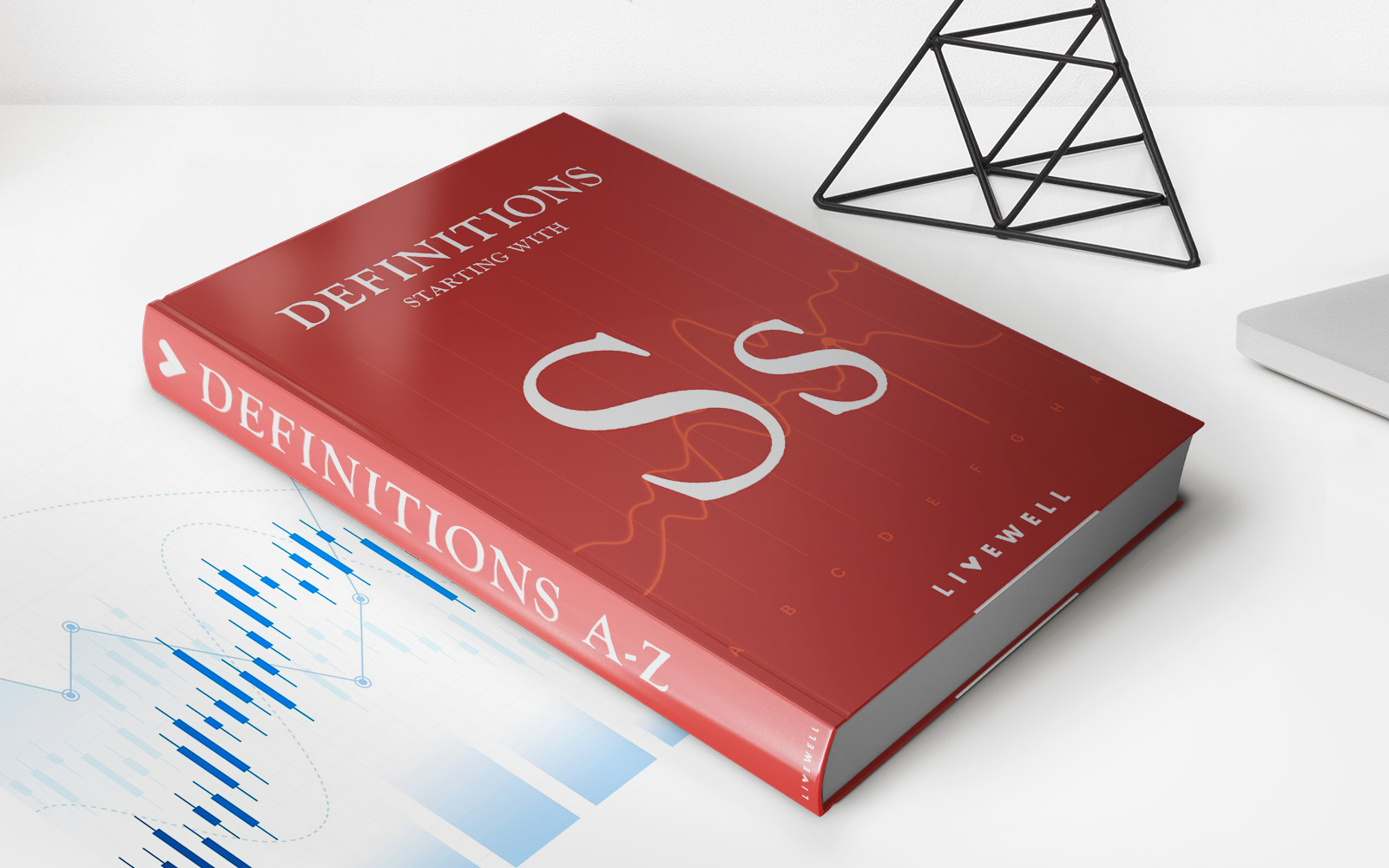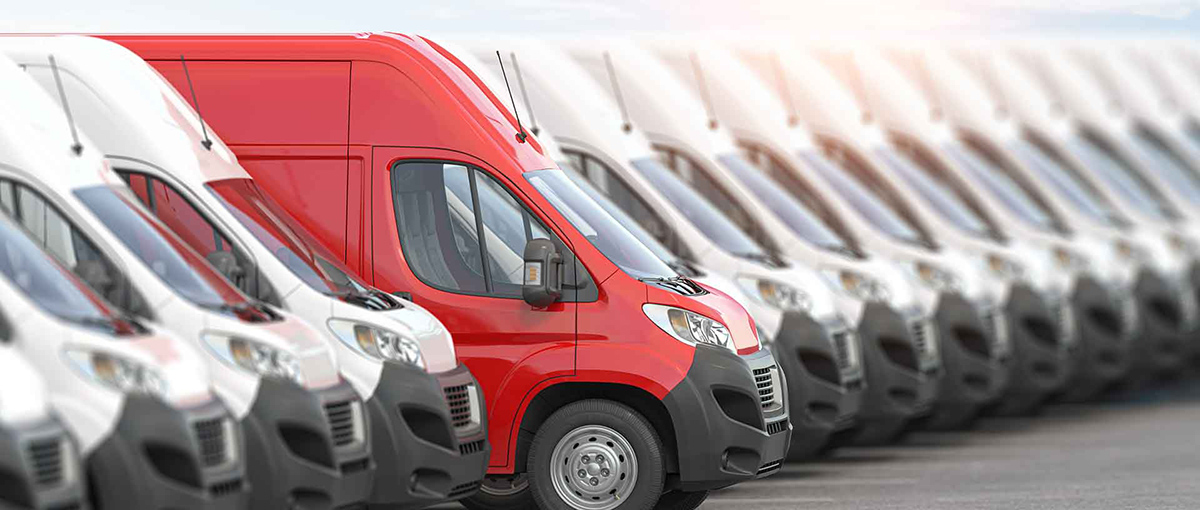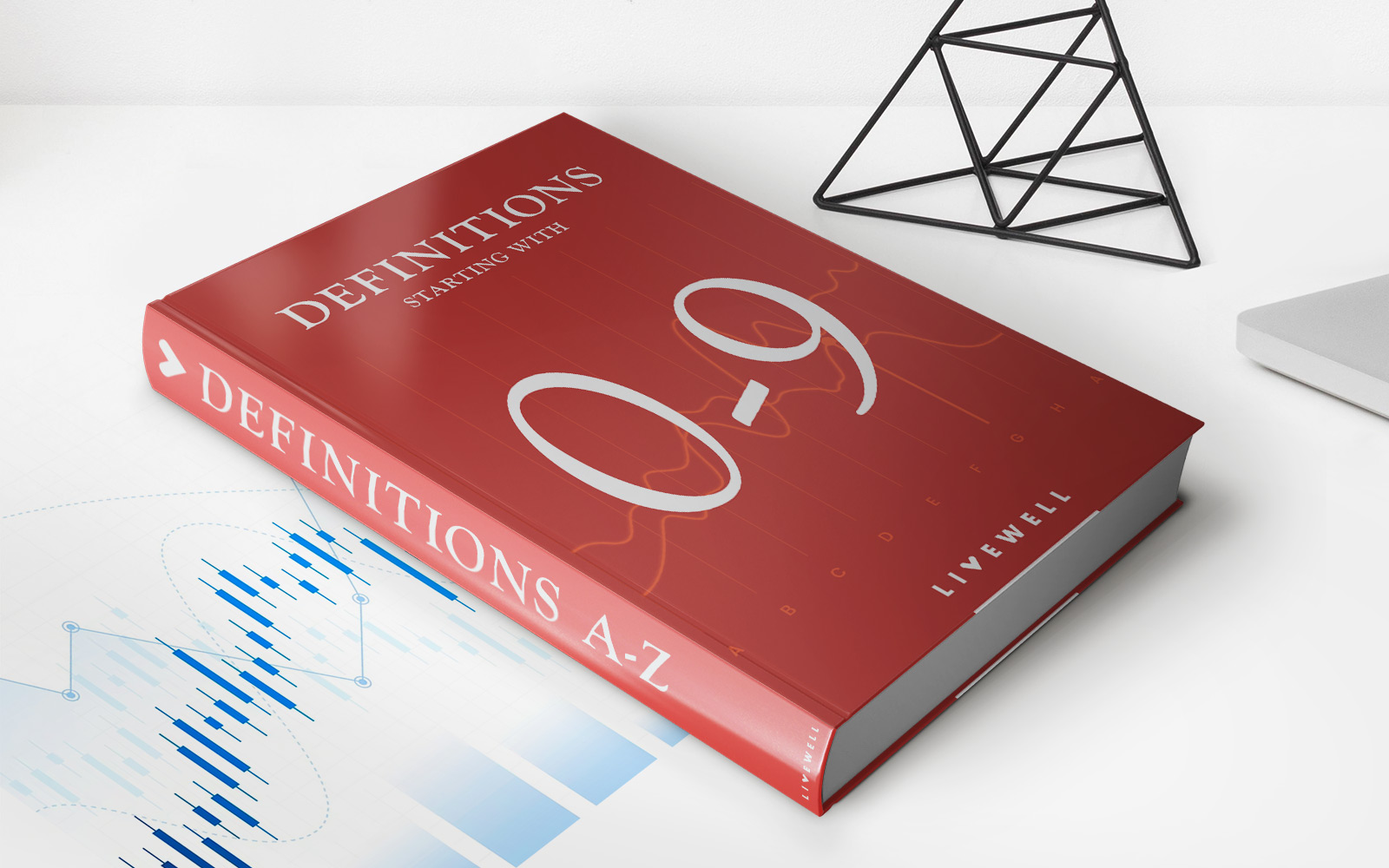

Finance
What Is Commercial Package Insurance
Published: November 14, 2023
Looking for comprehensive insurance coverage for your business? Learn about commercial package insurance and how it can protect your finances.
(Many of the links in this article redirect to a specific reviewed product. Your purchase of these products through affiliate links helps to generate commission for LiveWell, at no extra cost. Learn more)
Table of Contents
- Introduction
- Definition of Commercial Package Insurance
- Coverage Options in Commercial Package Insurance
- Property Coverage
- Liability Coverage
- Business Interruption Coverage
- Other Coverage Options
- Benefits of Commercial Package Insurance
- Factors to Consider When Choosing Commercial Package Insurance
- Conclusion
Introduction
Commercial Package Insurance is a type of insurance policy that offers comprehensive coverage for businesses in various industries. It is designed to protect businesses from a wide range of risks and liabilities that they may face in their day-to-day operations. With a commercial package insurance policy, businesses can consolidate multiple coverages into a single policy, simplifying their insurance management and potentially saving costs.
Running a business involves inherent risks, such as property damage, liability issues, and unforeseen events that could disrupt operations. Having the right insurance coverage is crucial for business owners to protect themselves and their assets in the event of these eventualities.
Commercial Package Insurance is a flexible and customizable insurance solution that can be tailored to meet the unique needs of different businesses. It combines various types of coverage into a single policy, typically including property, liability, and business interruption insurance. This comprehensive approach ensures that businesses have coverage for a variety of risks under one policy, making it a convenient and cost-effective option.
Whether you operate a small retail store, a restaurant, a manufacturing plant, or any other type of business, having commercial package insurance can provide you with peace of mind knowing that you are protected against a wide range of potential risks.
In the following sections, we will delve deeper into the specific coverage options provided by commercial package insurance, the benefits it offers to businesses, and the factors to consider when selecting the right policy for your business.
Definition of Commercial Package Insurance
Commercial Package Insurance is a comprehensive insurance policy that combines multiple coverages into a single package. It is specifically designed for businesses and provides coverage for a wide range of risks and liabilities.
Unlike traditional insurance policies that offer separate coverage for different risks, commercial package insurance allows businesses to customize their insurance coverage by selecting the specific types of coverage they need. This flexibility ensures that businesses receive the protection they require without paying for unnecessary or redundant coverage.
Commercial package insurance typically includes property coverage, liability coverage, and business interruption coverage as core components. However, additional coverages can also be added based on the specific needs of the business.
Property coverage protects against damage or loss of business property, such as buildings, equipment, inventory, and supplies, due to events like fire, theft, vandalism, or natural disasters.
Liability coverage protects businesses from claims and lawsuits arising from bodily injury, property damage, or personal injury caused to others as a result of the business operations. It can cover expenses related to legal fees, settlements, and judgments.
Business interruption coverage compensates for the loss of income and additional expenses incurred when a covered event, such as a fire or natural disaster, interrupts business operations. It helps businesses recover financially during the time it takes to restore normal operations.
Additional coverage options that can be included in a commercial package insurance policy may include equipment breakdown coverage, professional liability coverage, employee theft coverage, and commercial auto coverage, among others.
Commercial package insurance provides businesses with a convenient and cost-effective solution to protect themselves against a variety of risks. By bundling multiple coverages into a single policy, businesses can streamline their insurance management, potentially save on premiums, and ensure they have comprehensive coverage tailored to their unique needs.
Coverage Options in Commercial Package Insurance
Commercial Package Insurance offers a range of coverage options that businesses can choose from to protect themselves against various risks and liabilities. These coverage options can be customized based on the specific needs and nature of the business. Let’s take a closer look at some of the primary coverage options commonly included in commercial package insurance policies:
- Property Coverage: This coverage protects businesses against damage or loss of their property, such as buildings, equipment, inventory, and supplies. It typically includes coverage for perils such as fire, theft, vandalism, and natural disasters. Property coverage is essential for any business, as it helps ensure that physical assets are protected in the event of unforeseen circumstances.
- Liability Coverage: Liability coverage is designed to protect businesses from claims and lawsuits arising from bodily injury, property damage, or personal injury caused to third parties as a result of their operations. It helps cover legal expenses, settlements, and judgments. Liability coverage is crucial for businesses of all sizes, as it safeguards against potential financial losses due to legal liabilities.
- Business Interruption Coverage: Business interruption coverage provides financial protection when a covered event disrupts normal business operations. It compensates for lost income and covers additional expenses incurred during the interruption period, such as rent, utilities, and employee salaries. This coverage is especially important for businesses that heavily rely on their physical location and infrastructure.
- Equipment Breakdown Coverage: This coverage protects against the costs associated with the breakdown or damage to equipment vital for business operations. It covers repair or replacement costs, as well as any business income losses resulting from the equipment breakdown. Equipment breakdown coverage is particularly relevant for businesses that heavily rely on machinery or specialized equipment.
- Commercial Auto Coverage: Commercial auto coverage provides protection for vehicles used for business purposes, including company cars, delivery vans, or any other vehicles owned or leased by the business. It covers liability for accidents, physical damage to the vehicles, and medical expenses for injuries resulting from accidents. Commercial auto coverage is essential for businesses that rely on vehicles for their day-to-day operations.
These coverage options are just a few examples of what can be included in a commercial package insurance policy. It is important for businesses to assess their unique risks and consult with an insurance professional to determine the most appropriate coverage options for their specific needs. By customizing coverage based on their operations, businesses can ensure they are adequately protected against potential liabilities and risks.
Property Coverage
Property coverage is a critical component of commercial package insurance that protects businesses against damage or loss of their physical property. This coverage helps ensure that businesses can recover and rebuild in the event of unforeseen circumstances that may cause damage or destruction to their properties.
Under property coverage, the insurance policy typically covers various aspects, including:
- Buildings: This includes coverage for the physical structure of the business property, such as the building itself, walls, roof, and other permanent fixtures.
- Contents: Contents coverage protects the business’s assets within the property, such as inventory, equipment, furniture, and supplies. It includes coverage for loss or damage resulting from events like fire, theft, vandalism, or natural disasters.
- Business Interruption: Business interruption coverage compensates for lost income and additional expenses incurred if a covered event disrupts the normal course of business operations. It can help businesses stay afloat financially while repairs or rebuilding takes place.
- Equipment: Equipment coverage protects vital machinery and equipment used in the business operations. This coverage ensures that repair or replacement costs are covered in case of breakdown or damage, minimizing the impact on business continuity.
- Outdoor Property: Outdoor property coverage offers protection for property located outside the main building, such as signs, fences, landscaping, or outdoor seating areas.
- Additional Perils: Some commercial package insurance policies also offer coverage for specific perils, such as earthquake or flood, which are not typically covered under standard property insurance. Businesses located in areas prone to these perils should consider adding this coverage to their policy.
It is important for businesses to assess their property coverage needs accurately. Factors such as the location of the business, value of assets, and specific risks associated with the industry should be considered when determining the appropriate amount of coverage needed. Working with an insurance professional can help ensure that businesses have adequate property coverage tailored to their unique circumstances.
Having comprehensive property coverage is vital for businesses, as it provides financial protection and the means to recover from unexpected events. Whether it’s a fire, theft, natural disaster, or other incidents, property coverage offers a safety net, enabling businesses to rebuild and continue operations without facing crippling financial losses.
Liability Coverage
Liability coverage is a crucial component of commercial package insurance that protects businesses against claims and lawsuits arising from third-party bodily injury, property damage, or personal injury. This coverage helps safeguard businesses from potential financial losses that may result from legal liabilities.
Liability coverage typically includes the following aspects:
- General Liability: General liability coverage protects businesses from claims related to third-party bodily injury or property damage that occurs as a result of their operations. It covers legal expenses, settlements, and judgments.
- Product Liability: Product liability coverage is important for businesses that manufacture, distribute, or sell products. It provides protection in the event that a product causes injury or damage to a consumer, and covers legal expenses, settlements, and judgments associated with product-related claims.
- Professional Liability: Professional liability, also known as errors and omissions (E&O) insurance, is essential for businesses that provide professional services. It protects against claims alleging negligence, errors, or omissions in the services provided, and covers legal expenses and damages resulting from such claims.
- Premises Liability: Premises liability coverage protects businesses in cases where a third party suffers injury or property damage while on the business premises. It covers legal expenses, medical expenses, and potential damages resulting from premises-related accidents or incidents.
- Advertising Liability: Advertising liability coverage protects businesses from claims related to their advertising and marketing practices. It covers instances such as copyright infringement, defamation, or misleading information in advertisements.
- Employment Practices Liability: Employment practices liability coverage protects businesses from claims brought by employees alleging wrongful termination, discrimination, harassment, or violation of employment laws. It covers legal expenses, settlements, and judgments in these types of claims.
Liabilities can arise in various ways and can have a significant impact on a business’s reputation and financial stability. Having comprehensive liability coverage is crucial for businesses to mitigate these risks and protect their assets. The amount of liability coverage needed depends on factors such as the nature of the business, the industry it operates in, and the potential risks associated with its operations.
Working closely with an insurance professional can help businesses identify their liability exposures and adequately customize their coverage to address specific risks. By having appropriate liability coverage, businesses can have peace of mind knowing that they are financially protected against potential legal liabilities and can focus on their core operations.
Business Interruption Coverage
Business Interruption Coverage is a vital component of commercial package insurance that provides financial protection to businesses when their operations are interrupted or suspended due to unforeseen events. This coverage ensures that businesses can recover financially during the time it takes to restore normal operations.
Business interruption coverage typically includes the following aspects:
- Lost Income: Business interruption coverage compensates businesses for the income they would have earned if their operations had not been interrupted. This coverage helps businesses maintain their financial stability by covering the shortfall in revenue during the interruption period.
- Extra Expenses: In addition to lost income, business interruption coverage also covers any additional expenses incurred as a result of the interruption. This may include costs such as temporary relocation, renting alternative office space, or leasing equipment to resume operations.
- Extended Period of Indemnity: Extended period of indemnity coverage extends the duration of coverage beyond the actual interruption period, allowing businesses to recover fully even after operations have resumed. This ensures that businesses have sufficient time to regain their pre-interruption financial position.
- Contingent Business Interruption: Contingent business interruption coverage extends coverage to include disruptions caused by events that impact suppliers, customers, or key business partners. For example, if a critical supplier experiences a major disruption, resulting in the inability to supply necessary goods or services, this coverage can compensate for the financial losses incurred as a result.
- Civil Authority Coverage: Civil authority coverage provides protection when a government-issued order, such as a mandatory evacuation or a lockdown, prevents access to the business premises. This coverage compensates for the resulting income loss during the period of restricted access.
Business interruption coverage is particularly valuable for businesses that heavily rely on their physical location, infrastructure, or equipment to generate income. Events such as fire, natural disasters, equipment breakdowns, or other unforeseen circumstances can disrupt operations and lead to significant financial losses if not adequately covered.
It is important for businesses to assess their potential risks and determine the appropriate level of business interruption coverage. Working with an insurance professional can help ensure businesses understand their coverage options and select the right policy to meet their needs.
Having business interruption coverage in place provides business owners with the confidence that they can survive unexpected disruptions and continue operating without incurring devastating financial losses. It acts as a safety net, allowing businesses to focus on recovering and restoring their operations while their income is protected.
Other Coverage Options
In addition to property coverage, liability coverage, and business interruption coverage, commercial package insurance offers businesses the flexibility to include other coverage options based on their unique needs and industry-specific risks. These additional coverage options provide extra protection and can be tailored to address specific vulnerabilities. Let’s explore some common other coverage options that businesses can consider:
- Crime Coverage: Crime coverage protects businesses from losses resulting from criminal acts such as theft, fraud, forgery, or employee dishonesty. This coverage can help mitigate financial losses due to internal or external criminal activities.
- Cyber Liability Coverage: Cyberattacks and data breaches have become increasingly prevalent in our digital world. Cyber liability coverage helps businesses safeguard against financial losses and liabilities resulting from cyber incidents, such as data breaches, hacking, or identity theft.
- Errors and Omissions Coverage: Errors and omissions (E&O) coverage, also known as professional liability insurance, provides protection for businesses that offer professional services. It covers claims arising from errors, omissions, or negligence in the services provided, protecting against potential legal expenses and damages.
- Employment Practices Liability Insurance (EPLI): EPLI coverage protects businesses against claims related to wrongful termination, discrimination, harassment, or other employment-related issues. It covers legal expenses, settlements, and judgments resulting from employment practices claims.
- Directors and Officers Liability Insurance (D&O): D&O coverage protects company directors and officers from liability claims brought against them personally for alleged wrongful acts or decisions. This coverage helps attract and retain qualified individuals in key leadership roles.
- Product Recall Coverage: Product recall coverage provides financial protection in case a business needs to recall its products due to safety concerns or defects. It covers expenses related to the recall process, including customer notifications, disposal, and potential legal liability.
- Environmental Liability Coverage: Businesses involved in activities that could have environmental consequences, such as manufacturing, chemical handling, or waste disposal, should consider environmental liability coverage. It provides protection against liabilities resulting from pollution or environmental damage caused by business operations.
These are just a few examples of the additional coverage options available in commercial package insurance policies. The specific coverage options that businesses may need can vary depending on their industry, operations, and individual risk profile. It’s important for business owners to thoroughly assess their risks and consult with an insurance professional to determine the most suitable coverage options for their needs.
By customizing their commercial package insurance policy with the right combination of coverage options, businesses can ensure that they are adequately protected against a wide range of risks and liabilities they may face in their specific industry.
Benefits of Commercial Package Insurance
Commercial Package Insurance offers numerous benefits to businesses, providing comprehensive coverage and financial protection against a variety of risks. Here are some key advantages of having commercial package insurance:
- Complete Coverage: Commercial package insurance consolidates multiple coverages into a single policy, offering businesses a comprehensive solution to address various risks they may encounter. By bundling different types of insurance coverage, such as property, liability, and business interruption, businesses can ensure they have adequate protection without the need to manage multiple policies.
- Customizable Policies: Commercial package insurance allows businesses to customize their coverage to meet their specific needs. With the ability to select and adjust coverage options, businesses can tailor their policies to address industry-specific risks, ensuring that they have the right protection in place.
- Cost Savings: Opting for a commercial package insurance policy can potentially result in cost savings for businesses. Combining multiple coverages into a single policy often leads to reduced premiums compared to purchasing individual policies separately. Additionally, businesses can avoid overlapping or duplicate coverage that may occur if they have multiple standalone policies.
- Convenience and Simplified Management: Managing multiple insurance policies can be complex and time-consuming. Commercial package insurance simplifies the process by consolidating coverages into a single policy, making it easier for businesses to understand and manage their insurance coverage. It streamlines administrative tasks, such as premium payments and policy renewals.
- Enhanced Risk Management: Commercial package insurance encourages businesses to take a comprehensive approach to risk management. By assessing their risks and customizing their coverage, businesses can identify and address potential vulnerabilities, minimizing the financial impact of unexpected events. It promotes a proactive approach to risk management and helps businesses mitigate potential losses.
- Peace of Mind: Having commercial package insurance gives business owners peace of mind knowing that they are protected against a wide range of risks. It allows them to focus on running their businesses with confidence, knowing that they have financial protection in place to weather unexpected events and situations.
Every business is unique, and the benefits of commercial package insurance will vary depending on the specific needs and circumstances of each business. It is important for businesses to carefully evaluate their risks and consult with an insurance professional who can guide them in selecting the most appropriate coverage to meet their needs.
Overall, commercial package insurance offers businesses a comprehensive and customizable solution for managing risks, protecting against potential liabilities, and ensuring financial stability during unforeseen events. It is a valuable tool that allows businesses to safeguard their assets, operations, and reputation in an ever-changing business landscape.
Factors to Consider When Choosing Commercial Package Insurance
Choosing the right commercial package insurance is a crucial decision that can significantly impact a business’s financial stability and protection against risks. Here are some key factors to consider when selecting commercial package insurance:
- Risk Assessment: Conduct a thorough risk assessment of your business to identify and evaluate potential risks. Consider factors such as the industry you operate in, the location of your business, the value of your assets, and any specific risks associated with your operations. Understanding your risks will help you select the appropriate coverage options to mitigate them.
- Customization Options: Look for an insurance provider that offers customization options. Every business is unique, and having the ability to tailor your coverage to address your specific needs is crucial. Determine which coverage options are most relevant for your business and ensure that the insurance policy provides flexibility to add or adjust coverages as your needs change.
- Financial Stability of the Insurer: Evaluate the financial stability and reputation of the insurance company you are considering. A financially stable insurer will be able to honor claims promptly and efficiently, providing the necessary support when you need it most. Research the insurer’s financial ratings and customer reviews to assess their track record.
- Deductibles and Coverage Limits: Understand the deductibles and coverage limits associated with the commercial package insurance policy. Deductibles are the out-of-pocket expenses you need to pay before the insurance coverage kicks in. Ensure that you are comfortable with the deductibles and that the coverage limits are sufficient to protect your business adequately.
- Claims Handling Process: Assess the insurer’s claims handling process and reputation for customer service. Review feedback from other policyholders to gauge their satisfaction with the insurer’s responsiveness and efficiency in processing claims. A streamlined and reliable claims process is crucial to ensure a smooth experience in the event of a loss or damage.
- Additional Services and Support: Consider any additional services or support offered by the insurance provider. Some insurers may offer risk management resources, loss control services, or access to industry-specific expertise. These additional offerings can provide added value to your policy and assist with proactive risk mitigation.
- Cost and Affordability: While cost should not be the sole determining factor, it is essential to assess the affordability of the commercial package insurance policy. Compare quotes from different insurers to ensure you are getting comprehensive coverage at a competitive price. Remember that the cheapest policy may not always provide the level of coverage and support you require.
- Review and Update: Regularly review and update your commercial package insurance policy as your business evolves. As your business changes or expands, your insurance needs may also change. Stay proactive by reassessing your risks and coverage options on a periodic basis to ensure your policy continues to provide adequate protection.
Taking the time to carefully evaluate these factors and working closely with an insurance professional can help you make an informed decision when choosing commercial package insurance. Remember, selecting the right policy is a crucial step in safeguarding your business’s financial well-being and protecting it from potential risks and liabilities.
Conclusion
Commercial Package Insurance is a comprehensive and customizable insurance solution that offers businesses protection against a variety of risks and liabilities they may encounter in their operations. By combining multiple coverages into a single policy, businesses can simplify their insurance management and potentially save costs.
Property coverage protects businesses from damage or loss of their physical assets, while liability coverage safeguards them from claims and lawsuits arising from third-party injuries or property damage. Business interruption coverage provides financial assistance during periods of interrupted operations due to unforeseen events. These coverage options, along with other add-ons like cyber liability or crime coverage, can be customized to address the specific needs of different businesses.
Choosing the right commercial package insurance policy requires a careful evaluation of factors such as risk assessment, customization options, the financial stability of the insurer, deductibles and coverage limits, claims handling process, additional services and support, cost, and the need for regular policy reviews and updates.
By selecting the appropriate commercial package insurance, businesses can gain peace of mind knowing that they have comprehensive coverage tailored to their specific needs. Insurance acts as a safety net, providing the financial protection necessary to weather unexpected events, maintain business continuity, and mitigate potential losses.
It is crucial for businesses to work with insurance professionals who can guide them through the process of choosing the right commercial package insurance policy. They can assess risks, recommend suitable coverage options, and help businesses find the best balance between protection and affordability.
Protecting your business from risks and liabilities is essential for long-term success. With commercial package insurance, businesses can secure the necessary coverage to handle the challenges that may arise, ensuring that they can continue operating and thrive even in the face of uncertainty.



